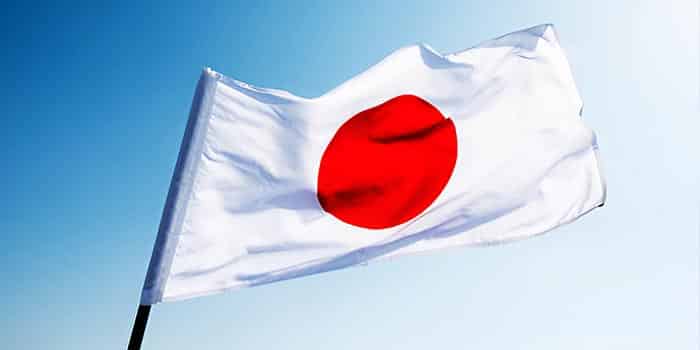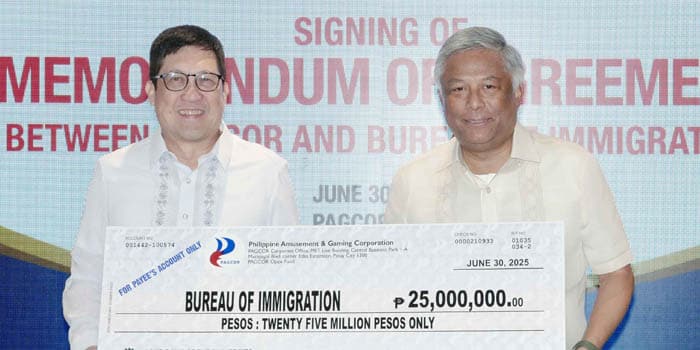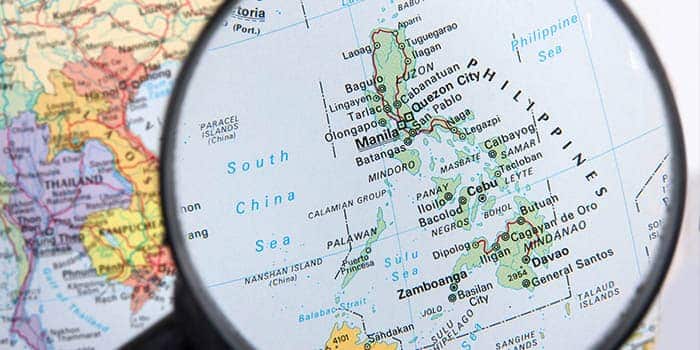- Casino
- By State
- Alabama
- Alaska
- Arizona
- Arkansas
- California
- Colorado
- Connecticut
- Delaware
- Georgia
- Florida
- Hawaii
- Idaho
- Illinois
- Indiana
- Iowa
- Kansas
- Kentucky
- Louisiana
- Maine
- Massachusetts
- Maryland
- Michigan
- Minnesota
- Mississippi
- Missouri
- Montana
- Nebraska
- Nevada
- New Hampshire
- New Jersey
- New Mexico
- New York
- North Carolina
- North Dakota
- Ohio
- Oklahoma
- Oregon
- Pennsylvania
- Rhode Island
- South Carolina
- South Dakota
- Tennessee
- Texas
- Utah
- Vermont
- Virginia
- Washington
- West Virginia
- Wisconsin
- Wyoming
- By State
- Slots
- Poker
- Sports
- Esports
PAGCOR Shorted Almost $28 Million in POGO-based Fees and Dues

The Philippines has had a lot of difficulty due to the COVID-19 pandemic and hasn’t, until very recently, started to see limited signs of recovery. This has taken a toll on the country’s gaming industry, which also affects the amount of money the Philippines has to work with. The Philippine Amusement and Gaming Corp. (PAGCOR), its gaming regulator and operator of a number of casinos, has seen its inbound cash flow slip over the past year and has just revealed additional hardships it is struggling to overcome. According to a company update, PAGCOR is owed almost $28 million from the Philippine Offshore Gaming Operators (POGO) segment.
POGO Activity in the Philippines Dwindles
POGOs had a difficult time finding regulatory acceptance when they first started to appear, but ultimately survived. The president of PAGCOR, Alfredo C. Lim, suggested almost two years ago that the segment shouldn’t be overregulated, something he may now regret having said. At the time, Philippine President Rodrigo Duterte was on a rampage and wanted to make sure operators paid all of their tax requirements, and it now appears that he was right to maintain a hardline approach.
According to the Philippines’ Commission on Audit of PAGCOR, the regulator is owned around $27.7 million from POGOs, much of which it will never collect. The money is owed for fees and other duties operators were expected to pay; however, COVID-19 has led to many companies giving up and exiting the space. There are now only 33 licensees operating out of the 60 that were seen before the pandemic, and the number of accredited service providers has been cut almost in half, falling from 300 to 167. PAGCOR states that there are 15 POGOs that owe money, of which eight platforms have already had their licenses withdrawn, one has been suspended and three are under review. “Further verification revealed that the past due receivables from offshore gaming were the accounts of the POGOs with canceled operating sites and some with approved payment restructuring that have been already endorsed to the Legal Department for appropriate action, among others,” explains the audit.
POGO Exit Hurting PAGCOR
The audit revealed that the missing money is significantly hurting PAGCOR and its ability to fulfill its charter. The entity’s revenue has already slipped considerably this year and it needs to be able to collect all of the revenue it was expecting in order to meet its goals. The uncollected POGO revenue is just part of the issue, although the largest, with outstanding duties for poker and electronic bingo amounting to $180,000 and $120,000, respectively. The audit stated that PAGCOR’s “inability to collect past due accounts receivable for more than one year but less than 10 years.”
The Philippines has just now started to emerge from the pandemic, although it still isn’t close to where it needs to be. Gross gaming revenue has been about half of what it was last year, which is why Duterte has relaxed his anti-casino stance and is allowing new casinos to be built. Two casinos in Boracay could be seen in the near future, with additional properties being added to Manila and Entertainment City. However, what PAGCOR plans on doing in the meantime to overcome the losses isn’t clear.
Related Topics:
Erik brings his unique writing talents and storytelling flare to cover a wide range of gambling topics. He has written for a number of industry-related publications over the years, providing insight into the constantly evolving world of gaming. A huge sports fan, he especially enjoys football and anything related to sports gambling. Erik is particularly interested in seeing how sports gambling and online gaming are transforming the larger gaming ecosystem.
Previous Article

Industry
September 6, 2021
Missouri AG Returns Money from Gaming Devices Manufacturer

Next Article


Industry
September 6, 2021
University of Denver Welcomes SuperBook as Sports Betting Sponsor
Must Read
Industry
June 27, 2025
Las Vegas Sphere Bashed for Charging $170 for Pizza
Industry
June 30, 2025
New Zealand Presses On with iGaming Legislation
More Articles




Casino
June 30, 2025
Vietnam Greenlights $2B Van Don Casino Resort

Casino
June 26, 2025
Japan Signals New Expansion Phase for Casino Resorts

Casino
June 19, 2025
Korean Police Busts $384M Illegal Gambling Ring











